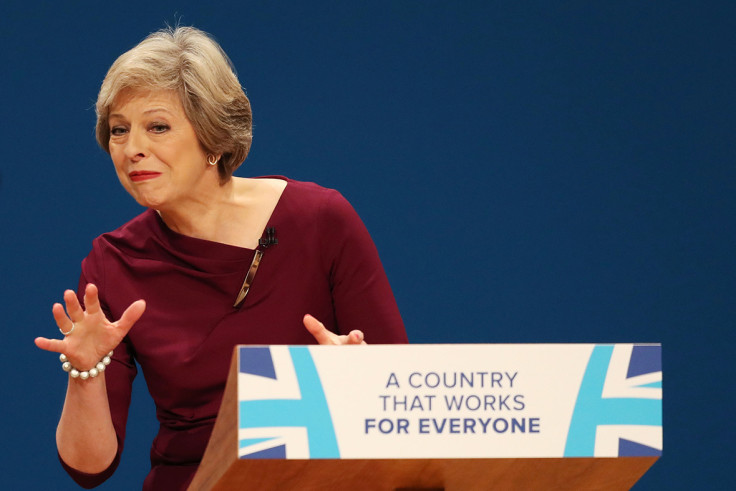MPs could still have say on 'final' Brexit deal following 'tyranny' accusations
The government is under pressure to debate the terms of Brexit in parliament.
While the government will not seek parliamentary approval before triggering Article 50, which sets Britain's divorce proceedings from the EU in motion, MPs could still be asked to give the green light on a "final" deal.
The government's Brexit strategy has come under fire, with lawmakers demanding greater say over the terms of Britain's departure from the EU. Prime Minister Theresa May is expected to invoke Article 50 by March 2017, setting the UK on course for an EU withdrawal in 2019.
Tory MP Stephen Phillips, who voted to leave in the EU referendum on 23 June, has called for an urgent debate on whether the Brexit terms are discussed in parliament before negotiations with the bloc take place.
Accusing May's government of "tyranny" over the issue, he also criticised the government for approaching the issue "without any regard to the House of Commons".
Brexit Secretary David Davis said any attempt to undo the results of the referendum will be rejected by the government. A spokesman for May said: "Parliament is of course going to debate and scrutinise that process as it goes on. That is absolutely necessary and the right thing to do.
"But, having a second vote, or a vote to second-guess the will of the British people, is not an acceptable way forward."
However, a Downing Street source told Norman Smith, the BBC's assistant political editor, that a parliamentary vote could still be on the cards once "a final" deal is reached. "This leaves open the possibility MPs could get a vote on the package eventually negotiated by Mrs May," said Smith.

May is currently visiting Denmark and the Netherlands for Brexit talks. Speaking at a press conference in the Danish capital, Copenhagen, she insisted: "We are not turning our backs on Europe. We want to maintain strong relationships with our European partners."
Meanwhile, leaked government papers have revealed that the Treasury could lose up to £66bn ($81.3bn) in tax revenues under a "hard Brexit."
If Britain leaves the single market and switches to World Trade Organisation tariffs, GDP could drop by up to 9.5%, according to a report in the Times.
Business leaders are already concerned that the UK could fail to negotiate a trade deal with member states when it leaves the EU.
"The Treasury estimates that UK GDP would be between 5.4% and 9.5% of GDP lower after 15 years if we left the EU with no successor arrangement, with a central estimate of 7.5%," the leaked paper says.
"The net impact on public sector receipts – assuming no contributions to the EU and current receipts from the EU are replicated in full – would be a loss of between £38bn and £66bn per year after 15 years, driven by the smaller size of the economy."
© Copyright IBTimes 2025. All rights reserved.





















